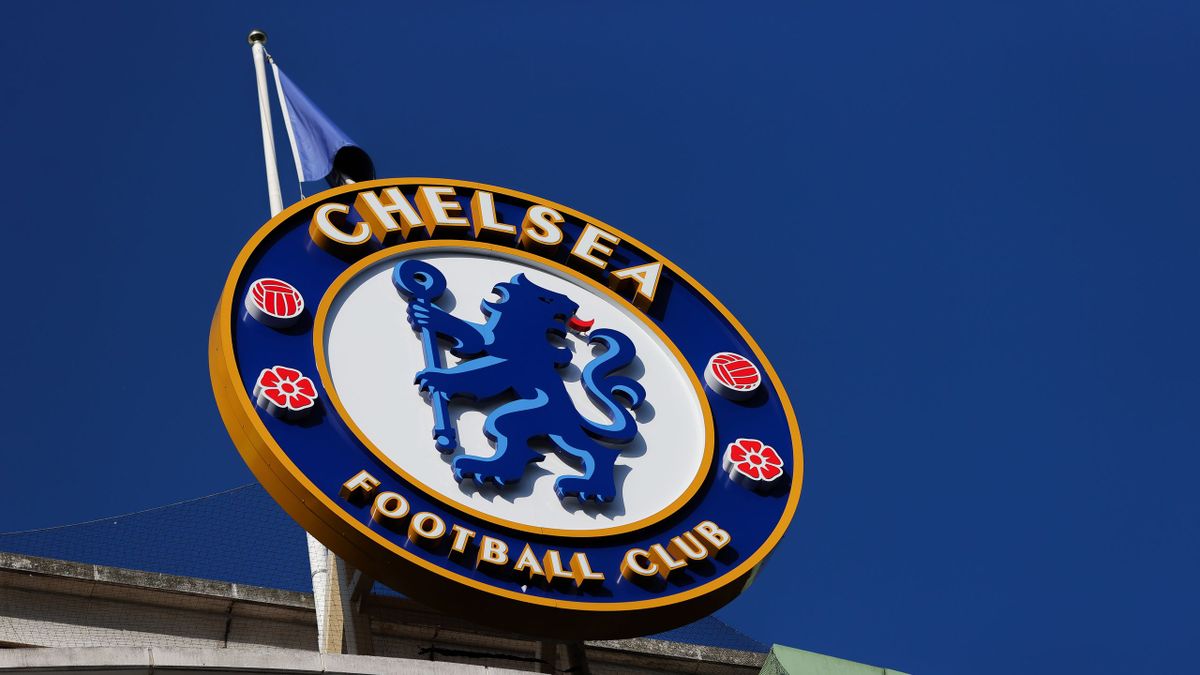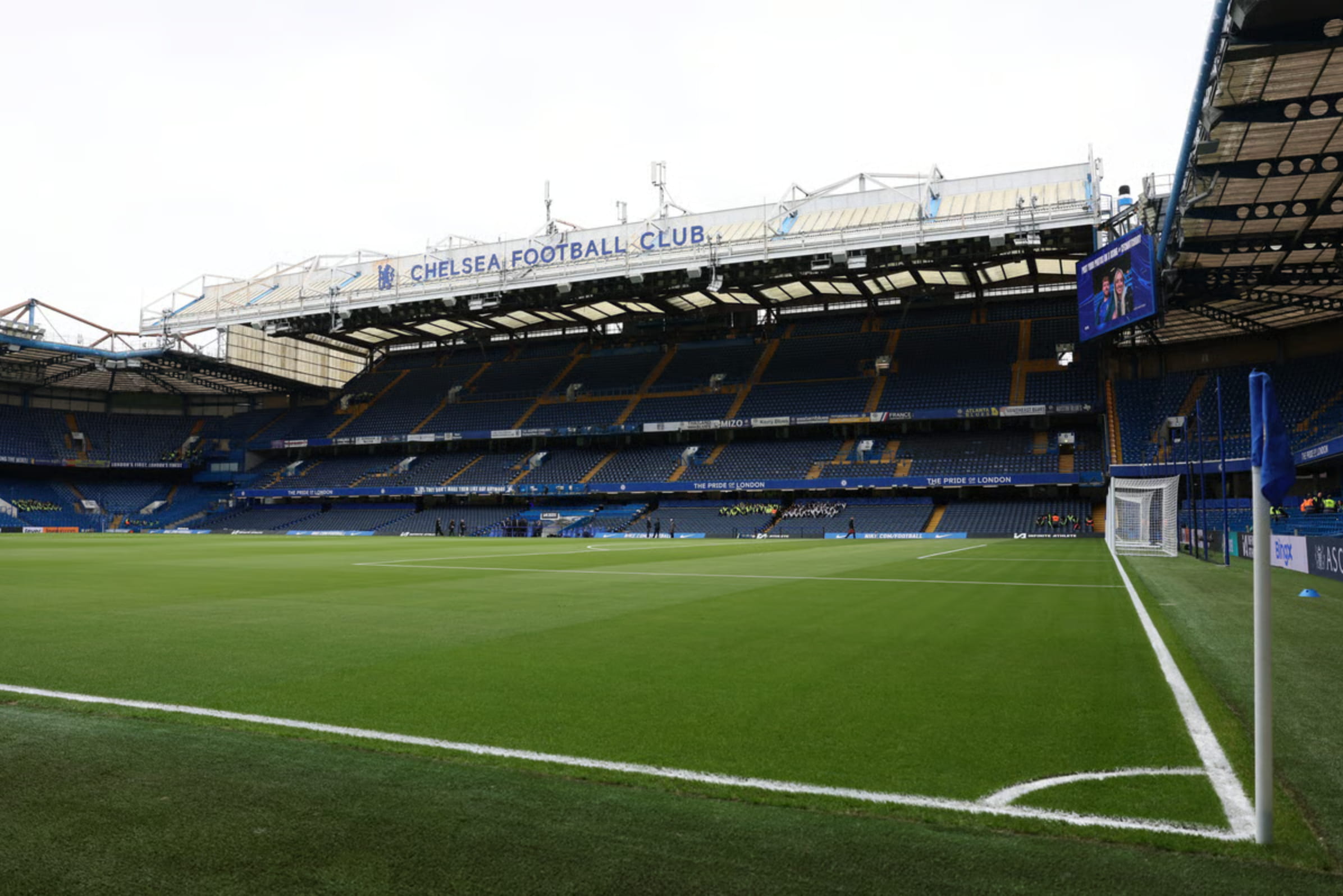Chelsea fans woke up to some seriously heavy news today, and it’s not about new players or match results. The Chelsea 74 charges announcement has just dropped from the FA, and while the number alone sounds massive, there’s a lot more going on behind the scenes that’ll affect how this story plays out.
If you’re wondering what exactly the Chelsea 74 charges mean for your club, you’re not alone. These aren’t parking tickets we’re talking about – this is the Football Association throwing the book at one of England’s biggest clubs. But here’s the thing that makes this different from other football scandals: Chelsea actually told on themselves.
The Chelsea 74 charges saga has roots that go way back, and the timeline involves some pretty significant moments in the club’s recent history. We’re talking about the Roman Abramovich era, the takeover drama, and now this bombshell that could shake things up at Stamford Bridge.
What Exactly Are These Chelsea 74 Charges About?
Let’s break down what the Chelsea 74 charges actually cover, because the details matter more than the shocking number. The FA has charged Chelsea with breaking rules about agents, intermediaries, and third-party investment in players. These aren’t new violations – they happened during a specific period that’ll sound familiar to long-time Chelsea supporters.
The Chelsea 74 charges relate to conduct between 2009 and 2022, but here’s the crucial bit – most of them focus on what happened between the 2010-11 and 2015-16 seasons. Those were some pretty successful years for Chelsea, winning Premier League titles and Champions League trophies.
The specific regulations broken in the Chelsea 74 charges include the FA Football Agents Regulations, the FA Regulations on Working with Intermediaries, and the FA Third Party Investment in Players Regulations. Basically, they’re saying Chelsea didn’t play by the rules when it came to how they worked with agents and funded player deals.
What makes the Chelsea 74 charges particularly interesting is that they span the final years of Roman Abramovich’s ownership. The Russian billionaire owned Chelsea from 2003 until 2022, when he was forced to sell due to UK government sanctions following Russia’s invasion of Ukraine.
The Chelsea 74 Charges: A Self-Reported Scandal

Here’s where the Chelsea 74 charges story gets really interesting – the current owners actually reported these problems themselves. When Todd Boehly’s consortium bought Chelsea in May 2022, they discovered some dodgy financial reporting and potential rule breaches during their due diligence process.
Instead of keeping quiet about what they found, the new ownership group immediately told the FA and other regulators about the issues that would become the Chelsea 74 charges. This self-reporting approach is pretty unusual in football, where clubs usually fight tooth and nail to keep their dirty laundry private.
“During a thorough due diligence process prior to completion of the purchase, the ownership group became aware of potentially incomplete financial reporting concerning historical transactions and other potential breaches of FA rules,” Chelsea said in their official statement about the 74 charges.
The club added: “Immediately upon the completion of the purchase, the club self-reported these matters to all relevant regulators, including The FA.”
This self-reporting aspect of the Chelsea 74 charges could actually work in the club’s favour when it comes to any potential punishments. The FA often looks more kindly on clubs that come forward voluntarily compared to those who try to hide their mistakes.
Breaking Down the Timeline of Chelsea 74 Charges
The Chelsea 74 charges didn’t happen overnight – this has been building for years. The timeline starts during some of Chelsea’s most successful periods under Abramovich, when they were spending big on players and winning major trophies.
Between 2010-11 and 2015-16, when most of the Chelsea 74 charges incidents occurred, the club won two Premier League titles, the Champions League, Europa League, and multiple domestic cups. Those successes now have a shadow hanging over them because of these rule breaches.
The Chelsea 74 charges investigation has been ongoing since the new owners took control in 2022. That’s over three years of the FA digging through Chelsea’s records, trying to understand exactly what went wrong during the Abramovich years.
Chelsea has until September 19, 2025, to respond to the Chelsea 74 charges. That gives them just over a week to prepare their defence and decide how they want to handle this massive legal challenge.
What the Chelsea 74 Charges Mean for Current Players and Fans
The obvious question for Chelsea supporters is: what do the Chelsea 74 charges mean for the team right now? The good news is that these charges relate to historical conduct, not current operations under the new ownership.
The Chelsea 74 charges focus on the period when Abramovich was in charge, and the current owners have been trying to clean up the mess they inherited. This means players like Cole Palmer, Enzo Fernandez, and other current stars shouldn’t be directly affected by these historical violations.
However, the Chelsea 74 charges could still impact the club in several ways. Potential punishments might include fines, transfer restrictions, or even points deductions, depending on how seriously the FA views these breaches.
The timing of the Chelsea 74 charges announcement is also significant. Chelsea are currently rebuilding under new management and ownership, trying to establish themselves as title contenders again. These charges add another layer of complexity to that process.
For fans planning to attend matches or buy season tickets, the Chelsea 74 charges probably won’t affect day-to-day operations at Stamford Bridge. But they do add uncertainty about what punishments might be coming down the line.
How the Chelsea 74 Charges Compare to Other Football Scandals

The Chelsea 74 charges might sound huge, but they’re different from some other recent football controversies. Manchester City, for example, faced 115 charges from the Premier League for alleged Financial Fair Play breaches, while Everton and Nottingham Forest have faced points deductions for similar issues.
What sets the Chelsea 74 charges apart is the self-reporting element and the fact they relate to a previous ownership era. The FA will likely consider these factors when deciding on any punishments.
The Chelsea 74 charges also focus on specific types of rule-breaking – agent regulations and third-party investments rather than the broader Financial Fair Play violations that have hit other clubs. This might mean different types of punishments are on the table.
Other clubs will be watching the Chelsea 74 charges case closely, as it could set precedents for how the FA handles historical violations discovered during ownership changes.
What Happens Next with the Chelsea 74 Charges
The next crucial date for the Chelsea 74 charges is September 19, when Chelsea must submit their formal response to the FA. This response will likely shape how the rest of the process unfolds.
Chelsea’s legal team will probably argue that the self-reporting shows good faith and that the current ownership shouldn’t be punished for the previous owners’ mistakes. They might also challenge the severity of some charges or argue that some violations were minor administrative errors.
The FA will then review Chelsea’s response to the 74 charges and decide how to proceed. This could involve further investigations, negotiations for plea agreements, or moving straight to formal hearings.
Potential outcomes for the Chelsea 74 charges range from relatively light fines to more serious punishments like transfer bans or points deductions. The self-reporting factor and cooperation with authorities could help Chelsea avoid the harshest penalties.
The process for resolving the Chelsea 74 charges could take months or even years, especially if Chelsea decides to fight some of the charges rather than accepting them all.
The Bigger Picture: What Chelsea 74 Charges Say About Football
The Chelsea 74 charges highlight ongoing problems with financial regulation in football. Despite numerous rules and monitoring systems, clubs continue to find ways around the regulations, often with serious consequences when they’re eventually caught.
The fact that the Chelsea 74 charges span such a long period (2009-2022) also shows how long it can take for rule breaches to come to light. This raises questions about whether current monitoring systems are adequate for catching violations quickly.
The self-reporting aspect of the Chelsea 74 charges could encourage other clubs to be more transparent about their own potential violations, especially during ownership changes when new investors want to start with a clean slate.
For Chelsea fans, the 74 charges serve as a reminder that success on the pitch doesn’t always mean everything was done properly behind the scenes. The club’s achievements during those years remain valid, but they now come with questions about whether the rules were followed.
The resolution of the Chelsea 74 charges will likely influence how the FA handles similar cases in the future and could lead to changes in how financial regulations are enforced across English football.
Chelsea has until September 19 to respond to the 74 charges, with the FA expected to announce next steps in the coming weeks. The club continues to cooperate fully with the investigation.
